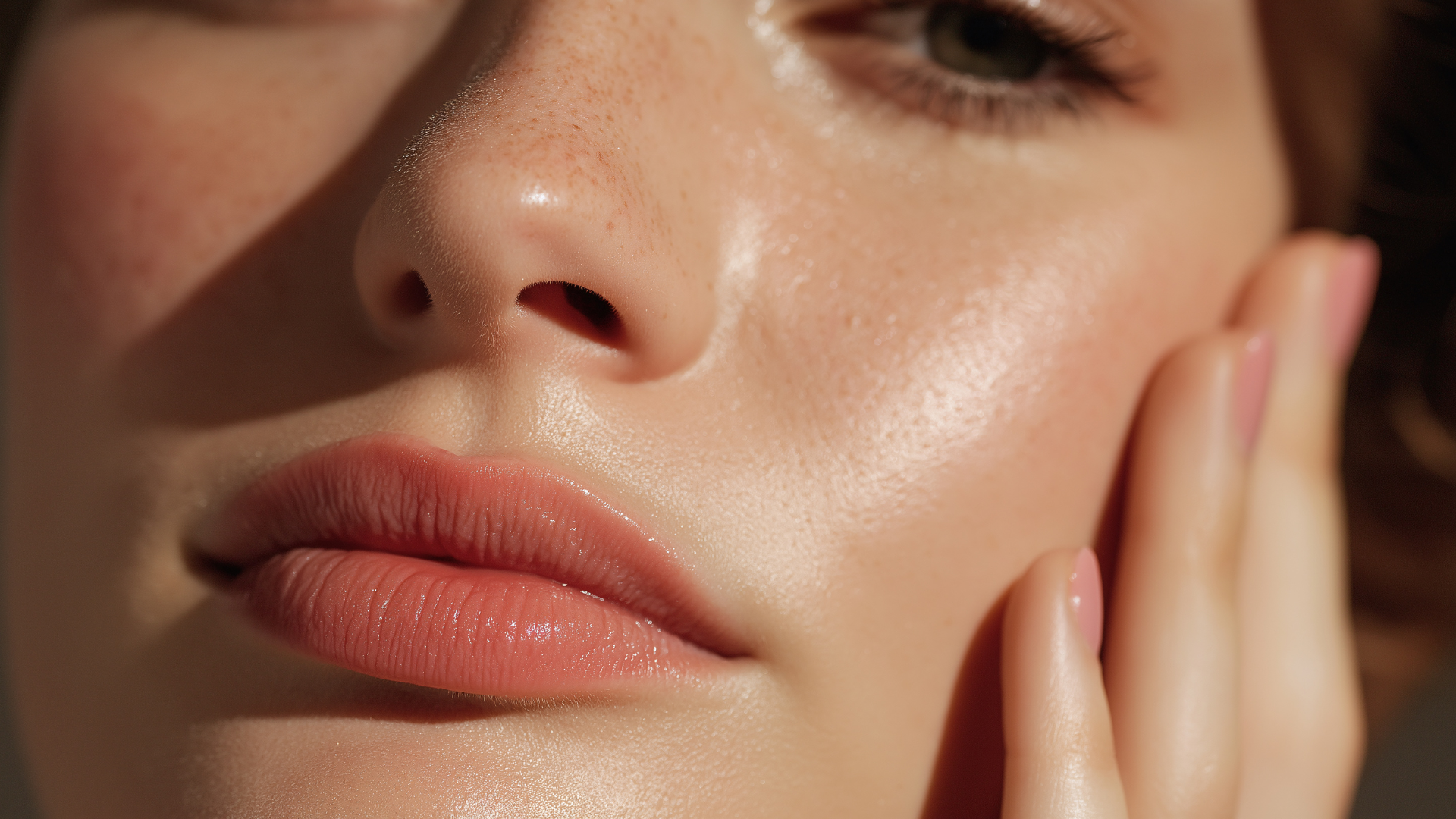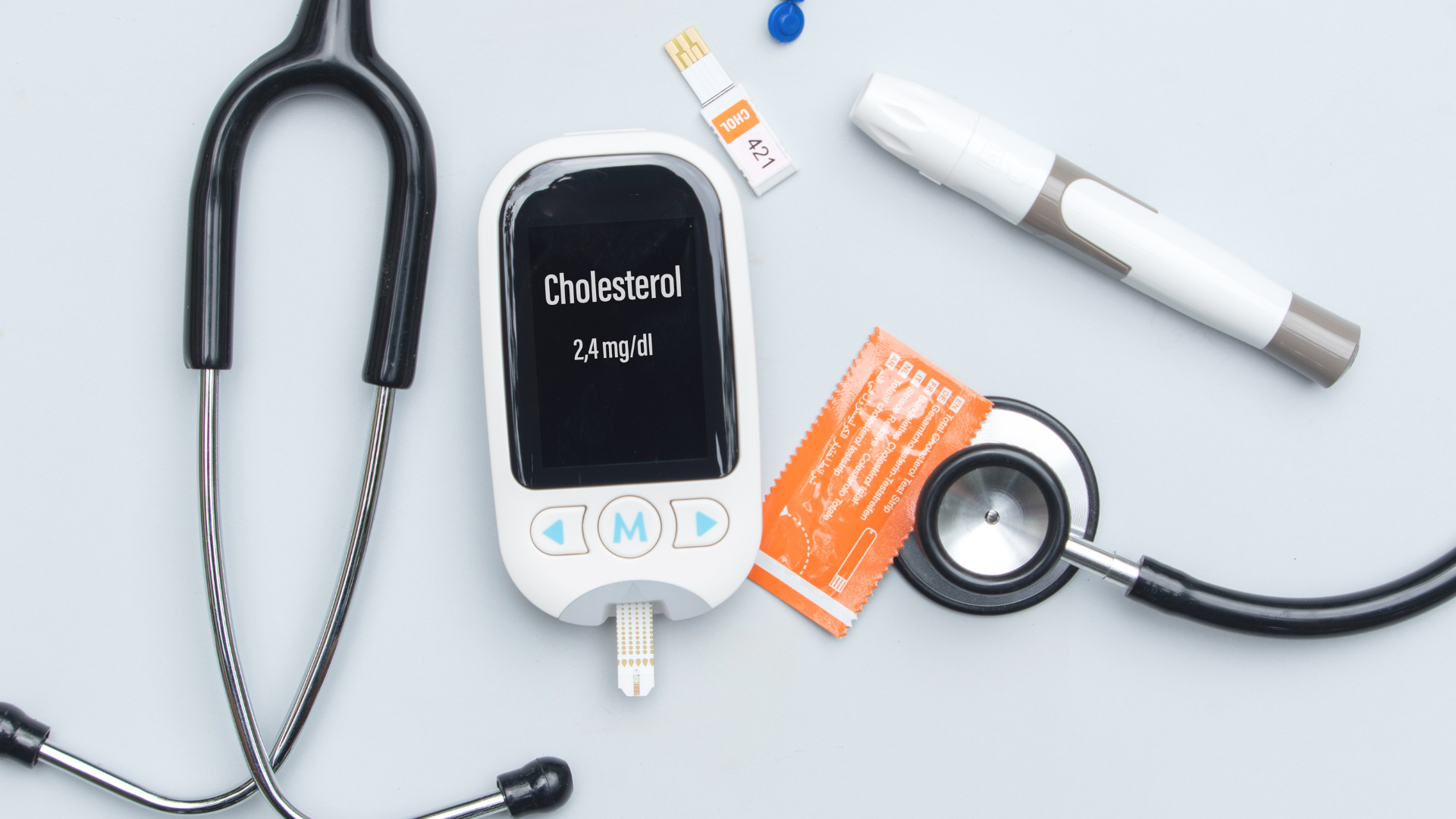When it comes to weight loss, most people immediately think of calorie counting, intense workouts, and cutting carbs. But there’s a silent game-changer often overlooked: hydration.
Yes, water—the most basic, calorie-free, and readily available substance—is crucial for effective and sustainable weight loss. While diet and exercise are key, staying properly hydrated can significantly boost metabolism, curb hunger, enhance fat loss, and improve overall wellness.
In this comprehensive guide, we’ll explore the science-backed reasons why hydration is essential for weight loss, how much water you actually need, signs of dehydration, and smart tips to stay hydrated throughout the day.
What Is Hydration and Why Does It Matter?
Hydration refers to the process of supplying your body with enough water to function properly. Since the human body is made up of approximately 60% water, every cell, tissue, and organ needs it to operate efficiently.
Water is involved in nearly every bodily process:
- Regulating body temperature
- Transporting nutrients and oxygen
- Aiding digestion
- Flushing out toxins
- Supporting joint health
- Helping with cognitive function
When you’re trying to lose weight, optimal hydration ensures your body runs like a well-oiled machine, allowing you to burn fat more efficiently and feel better doing it.
How Hydration Supports Weight Loss
Let’s dive into the direct and indirect ways hydration influences your weight loss journey:
1. Boosts Metabolism
Drinking enough water can temporarily increase your resting energy expenditure, or how many calories you burn at rest.
- A study published in The Journal of Clinical Endocrinology & Metabolism found that drinking 500ml of water increased metabolic rate by 30% in both men and women.
- The thermogenic effect—energy used to warm the water to body temperature—burns extra calories.
Tip: Start your day with a glass of cold water to jumpstart your metabolism naturally.
2. Reduces Appetite and Prevents Overeating
Many people confuse thirst for hunger. Dehydration can cause cravings that lead you to eat more, even when your body is just asking for water.
- A study from the University of Washington found that one glass of water curbed midnight hunger pangs in nearly all dieters.
- Drinking water before meals can help you feel fuller and eat fewer calories.
Tip: Drink a glass of water 20–30 minutes before each meal to naturally reduce your portion size.
3. Improves Exercise Performance
Workouts are an essential part of most weight loss plans. But without proper hydration, your performance drops.
- Dehydration can cause muscle fatigue, cramping, and reduced endurance.
- Hydrated muscles work more efficiently and burn more calories.
Tip: Drink water before, during, and after workouts to stay energized and avoid early fatigue.
4. Supports Fat Breakdown (Lipolysis)
Your body needs water to metabolize stored fat effectively—a process known as lipolysis.
- The first step in this process is hydrolysis, where water molecules break down fat cells for energy.
- Without sufficient water, fat burning slows down significantly.
Tip: Ensure consistent hydration throughout the day to maximize your fat-burning potential.
5. Flushes Out Toxins
Water helps your kidneys and liver filter waste and toxins that accumulate from digestion and metabolism.
- When you’re losing fat, toxins stored in fat cells are released and must be flushed out.
- Proper hydration aids detoxification, reduces bloating, and improves digestion.
Tip: Add lemon, cucumber, or mint to your water for extra detox benefits.
6. Prevents Water Retention
Ironically, drinking more water can help reduce water weight.
- When dehydrated, the body holds on to every drop, leading to bloating and puffiness.
- Adequate hydration signals your body it’s safe to release excess fluids.
Tip: Don’t restrict water to lose water weight—it has the opposite effect!
How Much Water Do You Need?
The “8 glasses a day” rule is a common guideline, but hydration needs vary based on your body size, activity level, climate, and diet.
Here are more personalized ways to calculate your hydration needs:
- General Rule: Drink 30–35 ml of water per kg of body weight.
(e.g., a 70kg person needs 2.1–2.5 liters/day) - Exercise: Add 350–700 ml for every 30 minutes of intense physical activity.
- Hot Climates: Increase intake if you live in hot or humid areas.
Pro Tip: Monitor your urine color. Pale yellow = well hydrated. Dark yellow = drink more water.
Signs You’re Not Drinking Enough Water
Mild dehydration can sneak up on you, sabotaging your weight loss efforts. Watch for these symptoms:
- Frequent headaches or migraines
- Dry mouth or chapped lips
- Fatigue or dizziness
- Constipation or sluggish digestion
- Strong-smelling, dark-colored urine
- Persistent hunger or sugar cravings
- Poor concentration
If you notice any of these signs, your body is telling you it needs more water.
Hydrating Foods That Support Weight Loss
You don’t have to rely solely on drinking water—many foods have high water content and aid hydration while providing nutrients.
Add these water-rich foods to your diet:
| Food | Water Content (%) |
| Cucumber | 96% |
| Lettuce | 95% |
| Watermelon | 92% |
| Strawberries | 91% |
| Zucchini | 94% |
| Celery | 95% |
| Tomatoes | 94% |
| Oranges | 87% |
These fruits and vegetables are low in calories, high in fiber, and help keep you full and hydrated—perfect for weight loss nutrition.
Hydration Tips for Busy Lifestyles
Staying hydrated doesn’t have to be hard. Here are simple habits to keep your water intake on track:
- Carry a reusable water bottle with you everywhere.
- Set hourly reminders on your phone or fitness tracker.
- Drink a glass of water before every meal or snack.
- Infuse your water with fruits, herbs, or a splash of lemon for flavor.
- Track your intake with a hydration app or journal.
- Start and end your day with water.
Myths About Water and Weight Loss
Let’s bust some common myths that cause confusion:
❌ Myth: Drinking tons of water melts fat.
👉 Truth: Water aids fat metabolism but doesn’t directly “melt” fat. It supports other processes like digestion, detoxification, and satiety.
❌ Myth: You should only drink when thirsty.
👉 Truth: Thirst is a late sign of dehydration. Aim to drink consistently throughout the day.
❌ Myth: Coffee and tea don’t count.
👉 Truth: In moderate amounts, caffeinated beverages still contribute to your hydration—just don’t rely on them alone.
The Bottom Line: Hydration Is a Weight Loss Superpower
Water isn’t just a thirst-quencher—it’s a powerful, zero-calorie ally in your weight loss journey. From curbing cravings and supporting metabolism to enhancing workouts and flushing toxins, hydration touches every part of the weight loss process.
No diet or workout plan is complete without a focus on proper hydration.
So, if you’re stuck in a plateau, feeling sluggish, or struggling to manage hunger, the missing piece might not be your macros—it could be your water intake.
Quick Recap: Why Hydration Matters for Weight Loss
✅ Boosts calorie burn and metabolism
✅ Reduces appetite and false hunger
✅ Enhances workout performance
✅ Aids in fat breakdown
✅ Flushes toxins and reduces bloating
✅ Helps prevent water retention
✅ Supports overall well-being
Ready to Level Up Your Hydration Game?
Start today by setting a simple hydration goal. Whether it’s 2 liters a day, sipping more during meals, or adding water-rich foods to your diet, small steps lead to big results.
Your weight loss journey deserves this simple but powerful upgrade.





